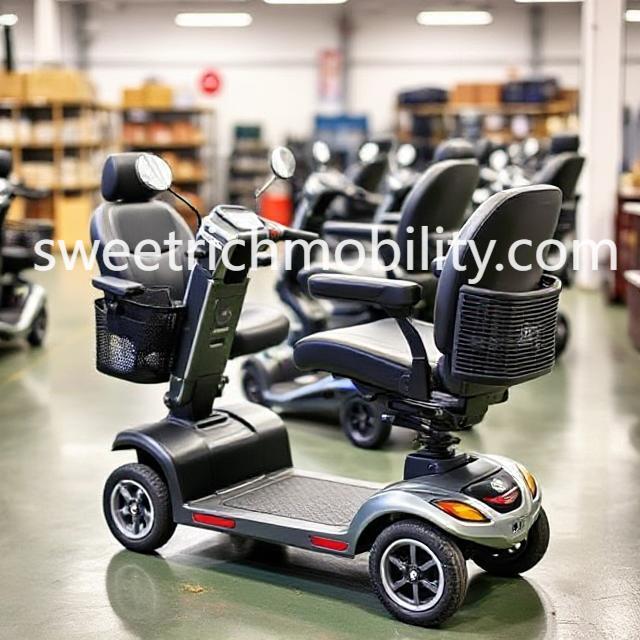The rise of compact vehicles highlights the importance of the Wholesale Mobility Scooter in shaping the way cities manage transportation. Unlike larger vehicles, scooters blend efficiency with adaptability, offering flexible connections within increasingly complex urban ecosystems. Their role goes beyond convenience, contributing to sustainable practices that reduce congestion and support cleaner environments.
Energy innovation has played a vital role in making scooters reliable daily companions. Modern batteries deliver dependable output that supports longer rides and faster recharging. This ensures riders can depend on their scooters for regular commuting, whether navigating short distances or integrating with other modes of transport. Reliability fosters trust, making scooters a preferred option for those seeking consistent performance.
Frame design further enhances this value. Compact structures are not only easier to store but also contribute to maneuverability in tight spaces. The emphasis on sustainable materials ensures durability while minimizing ecological impact. With modular components, scooters can be repaired or upgraded rather than discarded, making them part of a circular economy that extends their lifespan and reduces waste.
In the wider context of urban planning, scooters complement existing public transportation. By acting as connectors, they provide the crucial last link between transit hubs and final destinations. This convenience reduces reliance on private vehicles, contributing to fewer emissions and less traffic. Their versatility makes them particularly effective in environments where space is limited and efficiency is prioritized.
Sustainability also extends to noise reduction and environmental compatibility. Scooters operate quietly, improving quality of life in neighborhoods where traditional traffic may be disruptive. Compact footprints make them easier to park and manage, aligning with city strategies to maximize limited space while reducing congestion. These qualities demonstrate their importance in creating balanced, eco-conscious transportation ecosystems.
As lifestyles evolve, expectations around mobility have shifted. Consumers value solutions that integrate sustainability, practicality, and modern design. Scooters represent this blend, offering a way to travel that fits urban lifestyles while supporting environmental responsibility. This cultural shift highlights the importance of integrating compact vehicles into broader transportation strategies.
Manufacturers that anticipate these changes are leading innovation in the sector. Sweetrich, for instance, emphasizes practical engineering combined with eco-conscious practices. Their scooters represent how thoughtful design can serve both individual riders and larger communities. By developing adaptable vehicles that function within complex ecosystems, Sweetrich demonstrates how sustainable mobility solutions can support the future of urban living.
Ultimately, scooters represent more than a means of transport—they symbolize the possibility of cities becoming cleaner, quieter, and more efficient. By adopting sustainable materials, advanced batteries, and modular design, they contribute to both individual freedom and collective well-being.Those interested in exploring practical, sustainable, and thoughtfully designed scooters can learn more at http://www.sweetrichmobility.com/ .
 Free IL
Free IL


